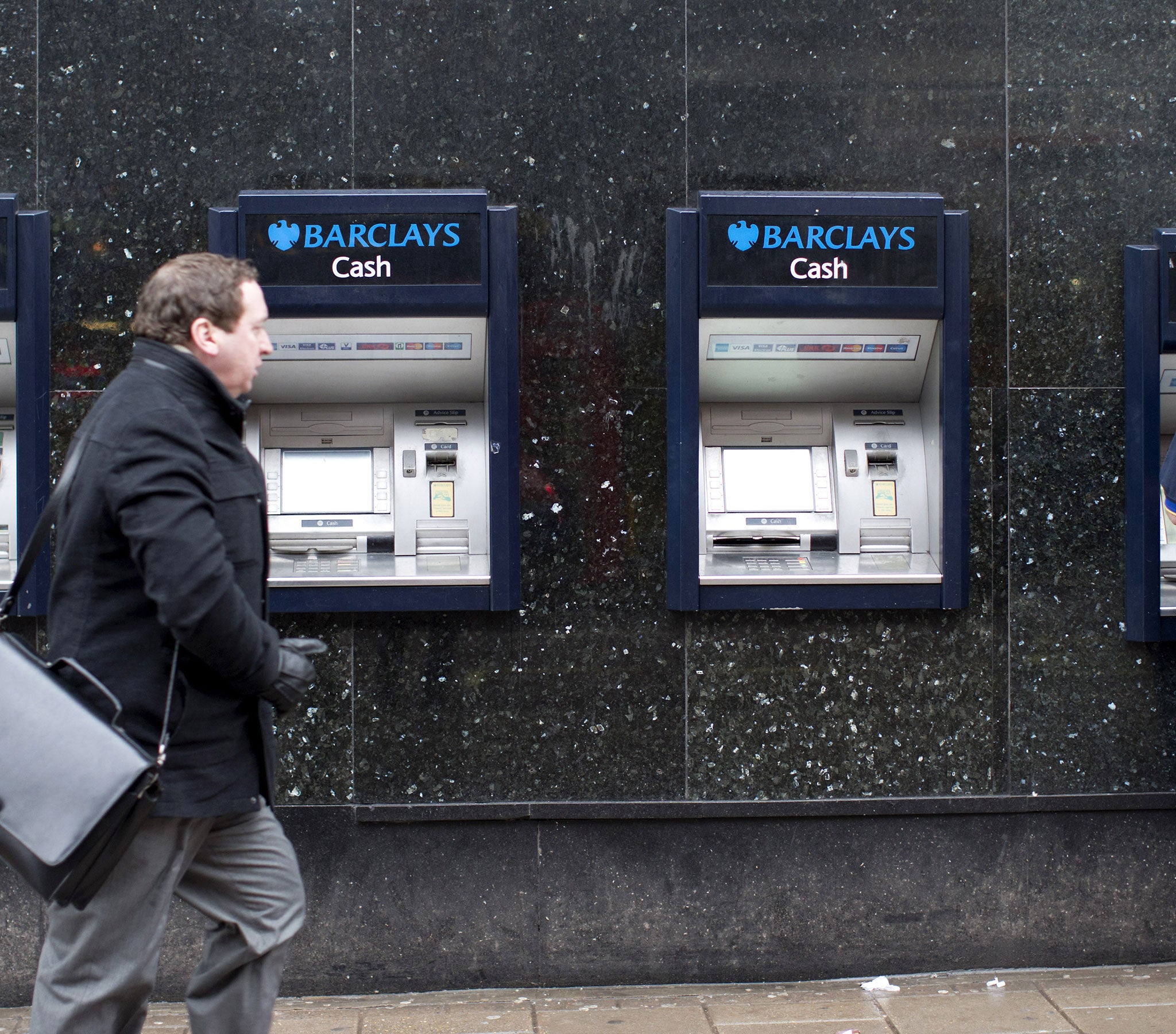The machines are taking over, and they’ve even got human names
I empathise with the elderly, who become anxious over a relatively simple thing such as buying a rail ticket


Your support helps us to tell the story
From reproductive rights to climate change to Big Tech, The Independent is on the ground when the story is developing. Whether it's investigating the financials of Elon Musk's pro-Trump PAC or producing our latest documentary, 'The A Word', which shines a light on the American women fighting for reproductive rights, we know how important it is to parse out the facts from the messaging.
At such a critical moment in US history, we need reporters on the ground. Your donation allows us to keep sending journalists to speak to both sides of the story.
The Independent is trusted by Americans across the entire political spectrum. And unlike many other quality news outlets, we choose not to lock Americans out of our reporting and analysis with paywalls. We believe quality journalism should be available to everyone, paid for by those who can afford it.
Your support makes all the difference.In this mechanised, automated, impersonal world, thank goodness for Barclays bank, which is replacing machines with people. Those of us who bank with Barclays can now go into selected branches and see Mike, Sally or Jake, who will help us pay in a cheque, take out some cash or amend a direct debit.
Hold on a minute... what do you mean, they are machines? Yes, it’s true. Barclays – the bank that only last week fired its failing chief executive and rewarded him with a £28m pay off – has found another way to annoy its faithful customers by insulting our intelligence, and giving their teller machines Christian names.
We are supposed to feel better about the lack of personal interaction in our daily lives by seeing a name plaque on a Barclays dispenser. Mike, Sally and Jake apparently have distinct personalities, in that they perform separate functions. Their Christian names, says the bank, help customers identify the different types of machine.
The fun those bank employees must have had coming up with those names. How very middle England!
Mike and Sally, in their early thirties, have been married for three years. Mike is an IT consultant who works for a multinational company in Bracknell, while his wife is the executive assistant to the CEO of a firm specialising in software for the munitions industry. She is currently on maternity leave – little Jake came along six months ago – and is particularly proud of their mock Tudor semi in the Home Counties. It’s all a load of nonsense, of course. But at least Barclays has recognised that a lack of personal contact is, for many of us, one of the most corrosive features of modern life.
I am of an age where mechanised transactions don’t exactly terrify me, but neither do I have the intuitive understanding of the way these things work possessed of people considerably younger than me have. I empathise with the elderly, who become anxious over a relatively simple thing such as buying a rail ticket, never mind using a self-service check-out at the supermarket.
There wasn’t much support for the Tube strikers last week, but it was hard not to be sympathetic to their protest against the staff cuts that would have left many stations unmanned. Self-service dispensers are little use when it comes to making women, the elderly, and the vulnerable feel safe late at night. This is not a modern day form of Luddism: it’s a basic human response to people being replaced by machines.
Personally, I refuse to use supermarket self-service check-outs because it makes me feel that I’m colluding in a corporate master plan to put people out of work.
But the most important aspect of the drive towards greater automation is that it robs us of those little exchanges with our fellow citizens, that passing acquaintance with humanity, in our day-to-day lives. If the world cares only about efficiency, doesn’t that diminish us as a species? It may sound dramatic, but I worry that we will gradually lose the ability to relate to our fellow humans when all our regular interactions with, say, a check-out person, or a ticket collector, or a bank teller, are replaced by an encounter with a machine, whatever name it may have been given.
Join our commenting forum
Join thought-provoking conversations, follow other Independent readers and see their replies
Comments